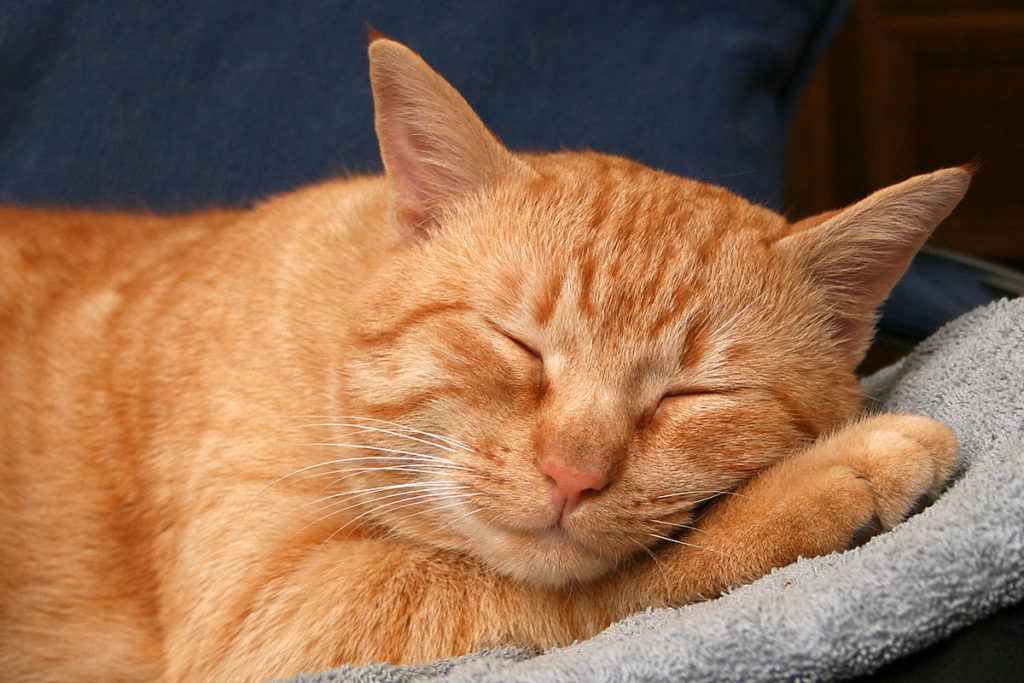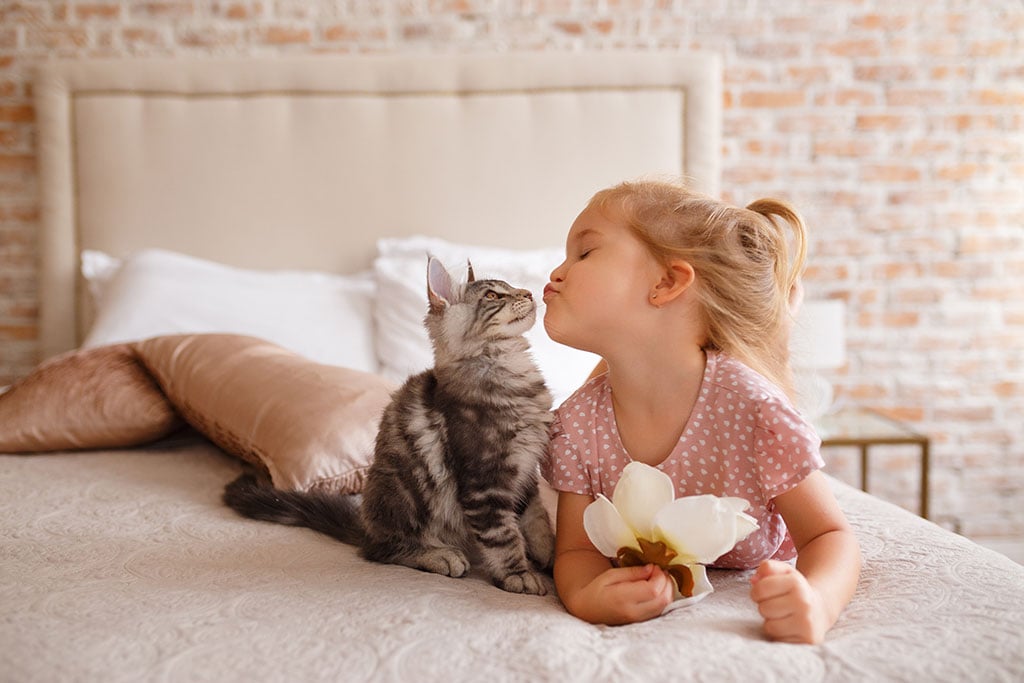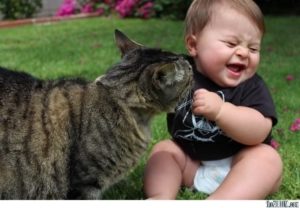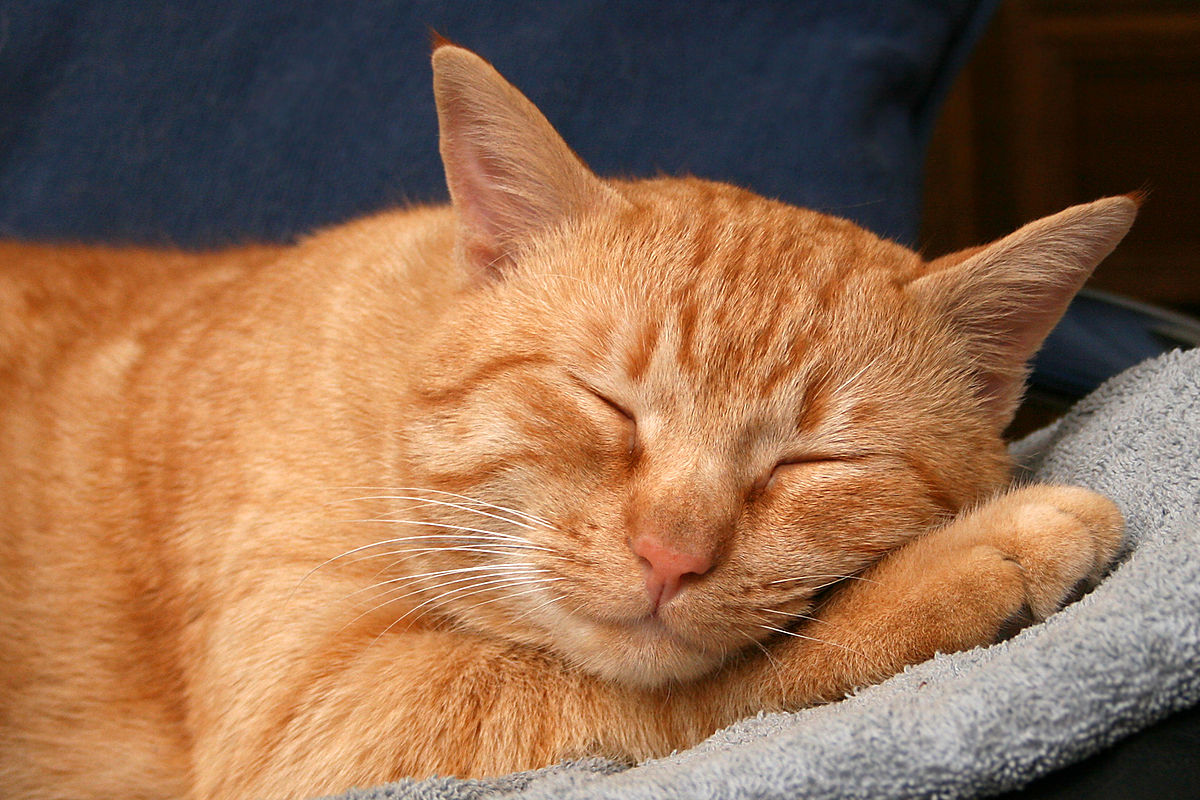Cats are one of the most beloved animals in the world. They have been kept as pets for thousands of years and have become an integral part of human society. Despite their reputation for being independent and aloof, many people consider cats to be trustworthy partners. But what exactly makes cats such reliable companions? In this article, we’ll explore the unique qualities that make cats such great additions to our lives.
The Unique Qualities of Cats

Intelligence and Adaptability
Cats exhibit a considerable amount of intelligence and are able to thrive in various environments. They have a knack for problem-solving and possess an impressive aptitude for quickly learning new abilities. This cleverness has made them highly desirable as working animals, frequently utilized for tasks such as controlling pests.
Their flexibility also renders them perfect companions for individuals residing in city settings. In contrast to dogs, they do not necessitate frequent strolls outdoors and can flourish in compact living spaces. This blend of cleverness and versatility makes cats effortless pets that can easily integrate into nearly any way of life.
Emotional Support
Cats are known for their calming presence and ability to provide emotional support to humans. Studies have shown that interacting with cats can reduce stress levels, lower blood pressure, and improve mood. Their purring is believed to have a soothing effect on humans, and the act of petting them can release endorphins, which promote feelings of happiness and contentment.
This emotional support has led cats to become popular therapy animals. They are often used in nursing homes, hospitals, and other healthcare settings to provide comfort and companionship to patients.
The Bond Between Cats and Their Owners

Body Language
Cats primarily use nonverbal cues to communicate, which may seem subtle but hold significant meaning. By observing their ears, eyes, tail, and body position, cat owners can gain a profound understanding of their feline companion’s emotions and desires.
As an illustration, a cat displaying enlarged pupils and a curved spine is probably experiencing fear or danger. Conversely, a calm cat with partially closed eyes is likely experiencing satisfaction and joy.
Affectionate Behaviors
Despite common belief, cats have the ability to express affection towards their owners. Although they may not exhibit it as openly as dogs, numerous felines take pleasure in cuddling with their human companions and actively seek out physical closeness.
Several typical displays of affection include kneading (gently pawing at soft surfaces such as blankets or pillows), head-butting, and licking. These actions are a clear indication that a cat has developed trust and a sense of ease with its owner.
Health Benefits of Owning a Cat

Reduced Risk of Heart Disease
Several studies have found that owning a cat can reduce the risk of heart disease. This may be due in part to the stress-reducing effects of interacting with a pet, as well as the lower blood pressure associated with cat ownership.
Improved Mental Health
As mentioned earlier, interacting with cats can have a positive impact on mental health. Cats provide companionship and emotional support, which can be especially beneficial for people dealing with depression, anxiety, or other mental health issues.
Better Sleep Quality
Felines are recognized for their aptitude to slumber for extended durations, frequently in close proximity to their human companions. This can induce a soothing sensation and result in enhanced sleep quality.
Moreover, several research has revealed that the noise of a feline’s purring can aid individuals in falling asleep more quickly and staying asleep for a longer period of time.
Frequently Asked Questions
Can cats be trained?
Yes, cats can be trained using positive reinforcement techniques. They respond well to treats, praise, and clicker training.
Are cats low-maintenance pets?
In contrast to dogs, cats are typically viewed as low-maintenance companions. They do not need to be taken for regular walks and are capable of grooming themselves. Nevertheless, they do require routine medical attention and thrive on social interaction with their owners.
Do cats get lonely?
Yes, cats can become lonely if they don’t receive enough social interaction. It’s important for cat owners to spend time playing, cuddling, and interacting with their pets on a daily basis.
Are there any health risks associated with owning a cat?
While owning a cat is generally safe, there are some health risks to be aware of. These include allergies, flea infestations, and the risk of contracting diseases like toxoplasmosis.
Can cats live in apartments?
Yes, cats can thrive in small apartments as long as they have access to food, water, litter boxes, and toys. It’s important to provide them with plenty of stimulation and playtime to prevent boredom.
Conclusion
Cats may have a reputation for being aloof and independent, but they are also capable of providing a great deal of emotional support and companionship to humans. Their unique qualities – including intelligence, adaptability, and affectionate behaviors – make them trustworthy partners that can enhance our lives in many ways. Whether you’re looking for a low-maintenance pet or a furry friend to snuggle with on the couch,a few more sentences to round out the article: cats are an excellent choice for anyone looking to experience the benefits of pet ownership without the demands of a high-maintenance animal. With their calming presence and ability to adapt to a variety of situations, cats have earned their place as beloved companions in homes all over the world. So next time you’re looking for a pet that’s equal parts independent and affectionate, consider adding a cat to your life – you won’t regret it!
